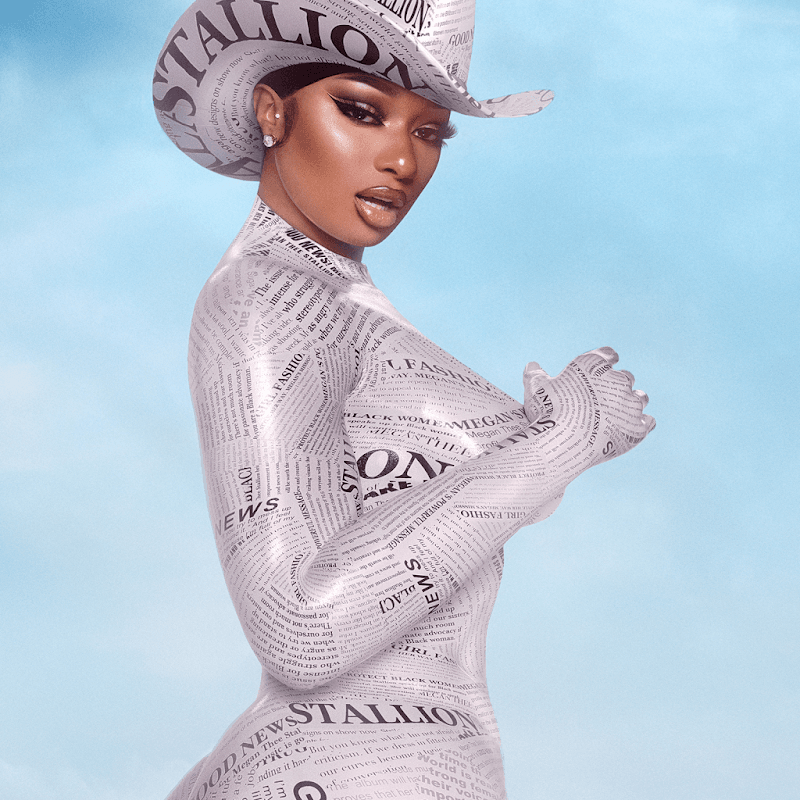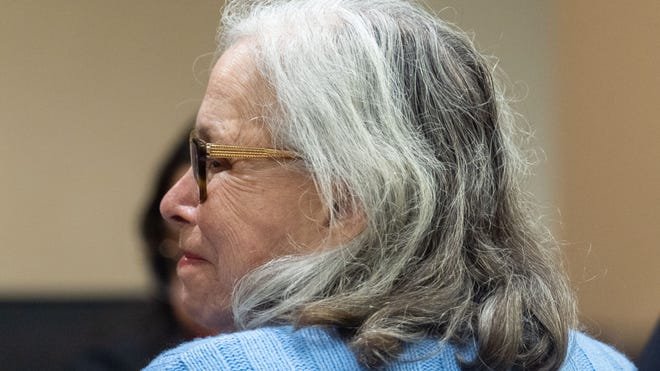
By The General Justice Lawyer, June 16
Megan Thee Stallion isn’t done fighting. While her courtroom victory against Tory Lanez made headlines, the Houston rapper remains entangled in legal warfare, this time with her former record label, 1501 Certified Entertainment, and broader music industry structures that continue to test the autonomy of Black female artists.
Megan, born Megan Jovon Ruth Pete, filed lawsuits in recent years against her label, 1501, and distributor, 300 Entertainment, alleging contractual manipulation, unpaid royalties, and interference with her career. The most public battle centered on whether the 2021 project Something for Thee Hotties counted as an official album, a key point in determining whether Megan fulfilled her contract obligations.
While a Texas judge ruled in favor of Megan in 2023, declaring she had met the criteria for an album, her fight triggered a broader industry conversation: who defines creative output — the artist, or the label?
Legal Breakdown – What the Case Reveals About Artist Rights:
Megan’s label contract with 1501 was reportedly signed when she was just 20 and relatively unknown. Like many emerging artists, she agreed to terms that later proved restrictive once fame hit. The contract included provisions allowing 1501 to take 60% of her earnings while controlling release decisions.
Her lawsuit alleged:
- Breach of contract
- Breach of fiduciary duty
- Interference in business relationships
In response, 1501 filed countersuits, arguing Megan owed more music. But in multiple court filings, Megan accused the label and its head Carl Crawford of orchestrating smear campaigns, stalling her career, and violating the implied covenant of good faith and fair dealing.
What this shows: The American music industry still functions on outdated, exploitative contract models especially toward Black women artists. Megan’s case isn’t just about one artist. It reflects systemic imbalance baked into industry norms.
Industry Implications – Labels, Control, and Artist Independence:
The case has revived public scrutiny over how labels exploit “360 deals,” which entangle artists in revenue streams beyond just music — from merch to touring to branding. For independent artists, Megan’s fight is seen as a blueprint for pushing back.
She has since launched her own independent label, Hot Girl Productions, signaling a shift toward full creative and business control.
“This whole experience has taught me that no one will protect your voice if you don’t,” Megan said in a 2024 interview. “You have to fight for your own legacy.”
What’s Next:
Megan Thee Stallion’s court victories haven’t ended the story. With new music, a new label, and a sharpened public platform, she’s entering the next phase not just as an artist, but as a legal case study in resisting industry control.
Her message to the industry is clear:
She’s not backing down. And she’s not alone.
Author

Latest entries
 Donna Adelson Trial2025-09-05Donna Adelson Found Guilty on All Counts in Dan Markel Murder Case
Donna Adelson Trial2025-09-05Donna Adelson Found Guilty on All Counts in Dan Markel Murder Case True Crime2025-09-03Epstein Files: Survivors Break Silence on Capitol Hill
True Crime2025-09-03Epstein Files: Survivors Break Silence on Capitol Hill US2025-09-03Cardi B Assault Trial Verdict — She’s Not The Drama
US2025-09-03Cardi B Assault Trial Verdict — She’s Not The Drama US2025-08-30Jim Crow Era — Louisiana’s Split Juries Problem and the Limits of Retroactivity
US2025-08-30Jim Crow Era — Louisiana’s Split Juries Problem and the Limits of Retroactivity



